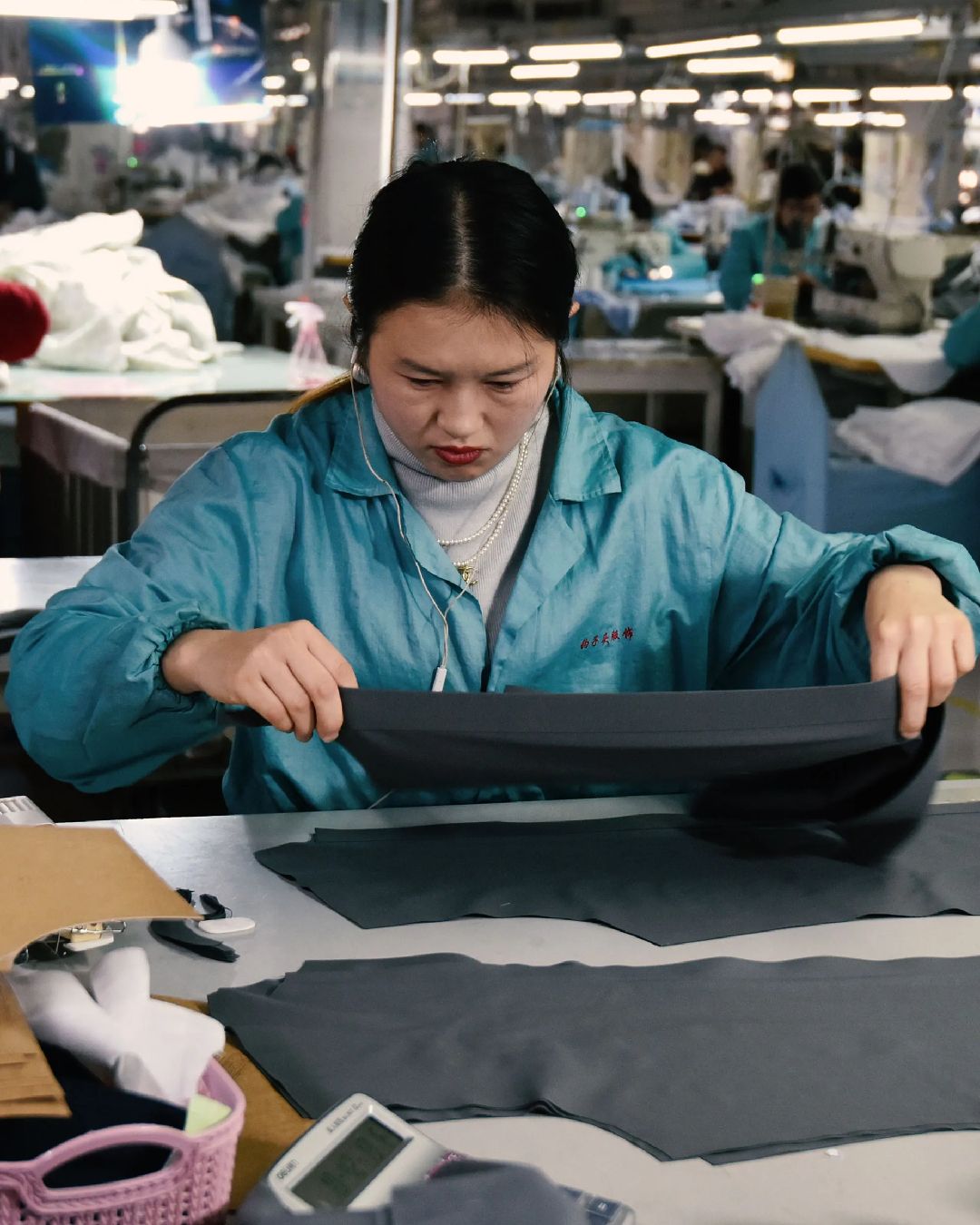
How the climate crisis is jeopardising Made in Italy Floods hit one of Europe's largest textile districts, Prato
The waves of bad weather that have hit Tuscany are yet another warning bell that resonates in our country and concerns an environmental situation that becomes, year after year, increasingly precarious. Floods not only result in victims, injuries, and the destruction of homes scattered throughout the territory but also risk weighing on the fashion industry in a geographical area of our country where the sector is not only recognized as a flagship but also provides support to entire families. Among the areas affected by this month's floods is Prato, one of the largest textile districts in Europe, specializing in the production and processing of cotton, wool, and viscose. In many cases, factories have been compromised to the point that workers couldn't access them, thus delaying production schedules. The government has provided initial aid: 100 million euros as non-repayable grants to cover material losses (machinery, equipment, warehouse stocks, real estate) suffered by companies that export at least 3% of their turnover or, even if not exporting, produce – as often happens in the Prato textile district – for other companies in the supply chain that are exporters. The second measure consists of facilitated financing of 200 million euros, while the third is the suspension until June 30, 2024, of payments on existing loans drawn from fund 394, affecting 2,200 companies for over 400 million in Tuscany.
Sono pesantissimi i danni provocati dall'alluvione nel distretto tessile di Prato, una delle zone più colpite dal maltempo dei giorni scorsi. Il vice presidente del Consiglio Tajani: "A disposizione cento milioni a fondo perduto per le aziende che esportano" pic.twitter.com/3DvM0flU8w
— Tg3 (@Tg3web) November 6, 2023
After the floods that hit Emilia Romagna in May, it's the second time in the span of 7 months that Italy finds itself in an emergency situation. The same factories face another risk, as floods jeopardize not only the raw materials but also the machinery used for processing, as seen in the industrial areas of Oste di Montemurlo, Carmignanello, and the southern districts on the Campi Bisenzio side (Florence). Despite financial aid, the alarm persists, along with concerns about how much the problem will weigh on the already precarious solidity of Made in Italy. "Many companies have been swept away, and I don't know if they will be able to restart," emphasized Danila Mazzi, president of the Chamber of Commerce of Prato-Pistoia.















































